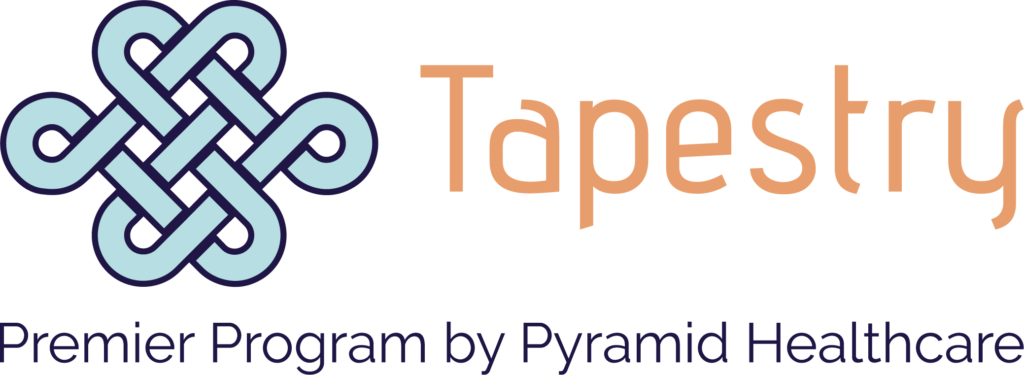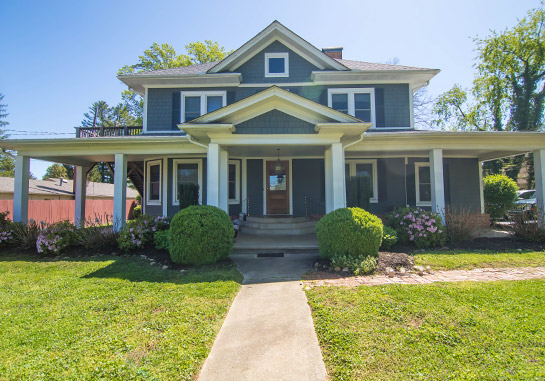Bipolar Disorder Treatment in North Carolina & Pennsylvania
Treatment for Bipolar Disorder in Asheville, NC and Poconos, PA
Helping You Manage Your Mental Illness
Experiencing extreme highs and lows can be exhausting, and it may be a sign of bipolar disorder. According to the National Alliance on Mental Illness (NAMI), about 2.8% of the population is diagnosed with bipolar disorder, which is characterized by dramatic shifts in a person’s mood, energy, and ability to think clearly. People with bipolar disorder alternate from high moods (mania) and low moods (depression) in a way that makes daily life difficult or impossible.
Without treatment, bipolar disorder can get worse and people can even experience psychotic symptoms (like hallucinations) during their manic and depressive episodes. With the right treatment, however, many people learn to manage their symptoms and live full lives, despite their condition.
At Tapestry, we give you the tools you need to address bipolar disorder and focus on wellness for years to come. Our residential treatment program allows you to learn these strategies in a safe and structured environment.
For information about admissions, please click here.
Call the Tapestry team at (828) 490-4032 to get started.
PROFESSIONAL STAFF TO CARE FOR OUR CLIENTS
Tapestry staff members bring decades of combined experience providing empathetic, effective treatment for eating disorders and behavioral disorders.
AN EVOLVED APPROACH TO BEHAVIORAL HEALTHCARE
Through years of experience, we know that these conditions are rarely isolated. We understand that disordered eating and co-occurring disorders are often the result of underlying mental health issues such as trauma, depression and anxiety disorders.
FOUR BEAUTIFUL TREATMENT FACILITIES
Each aspect of our facilities is designed to put you at ease and make you feel as at home as possible.






